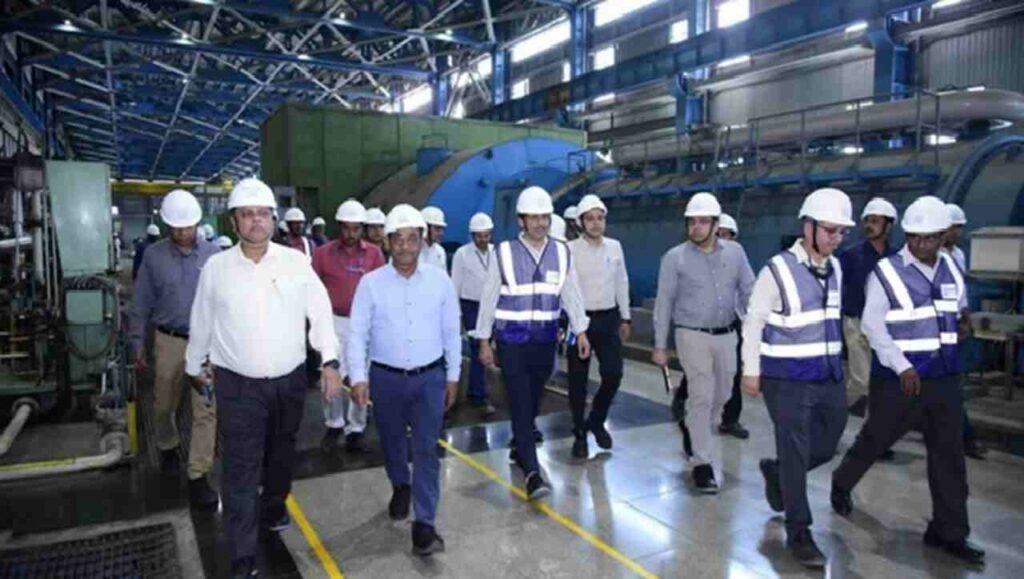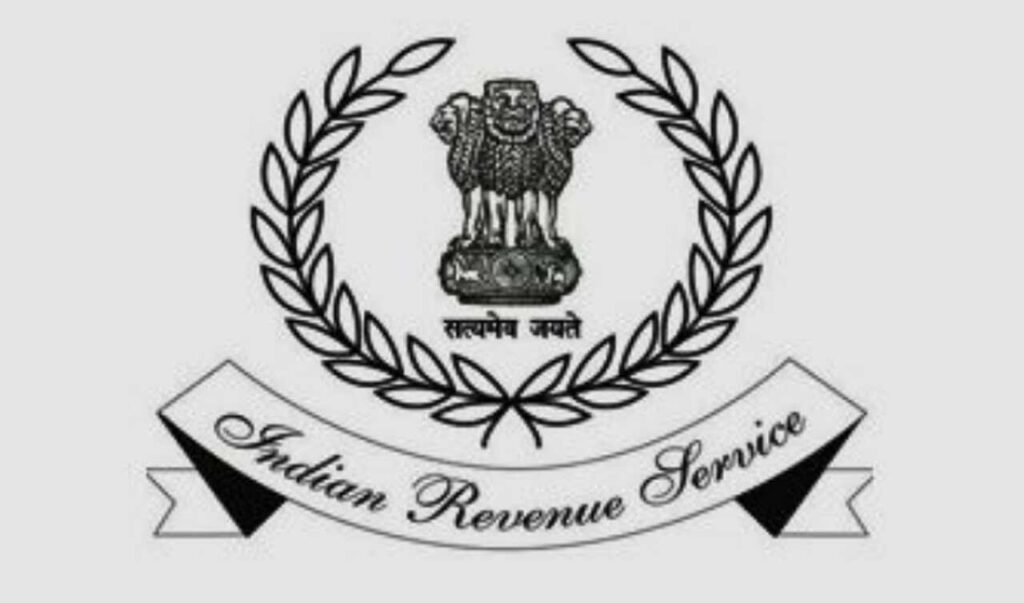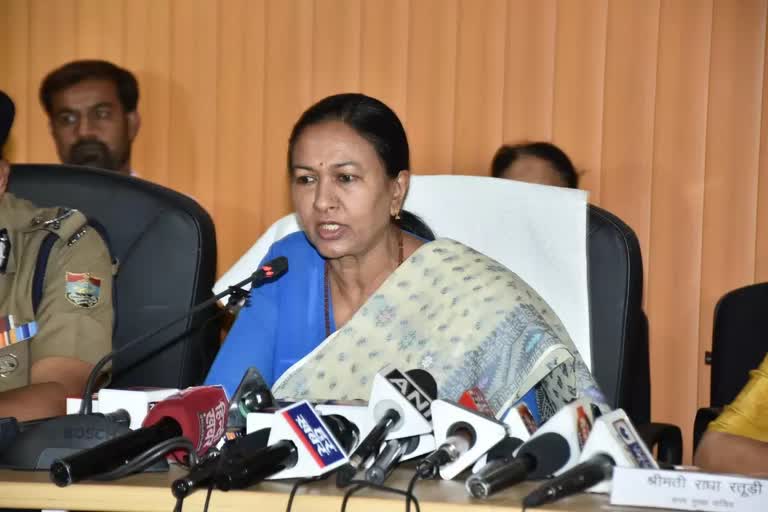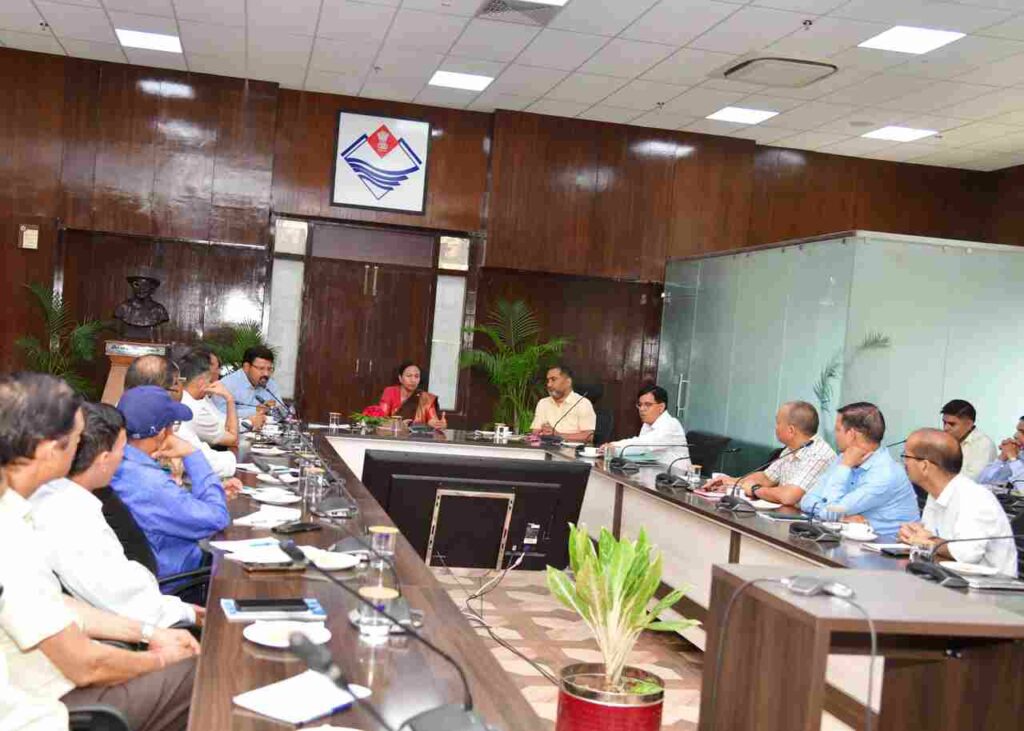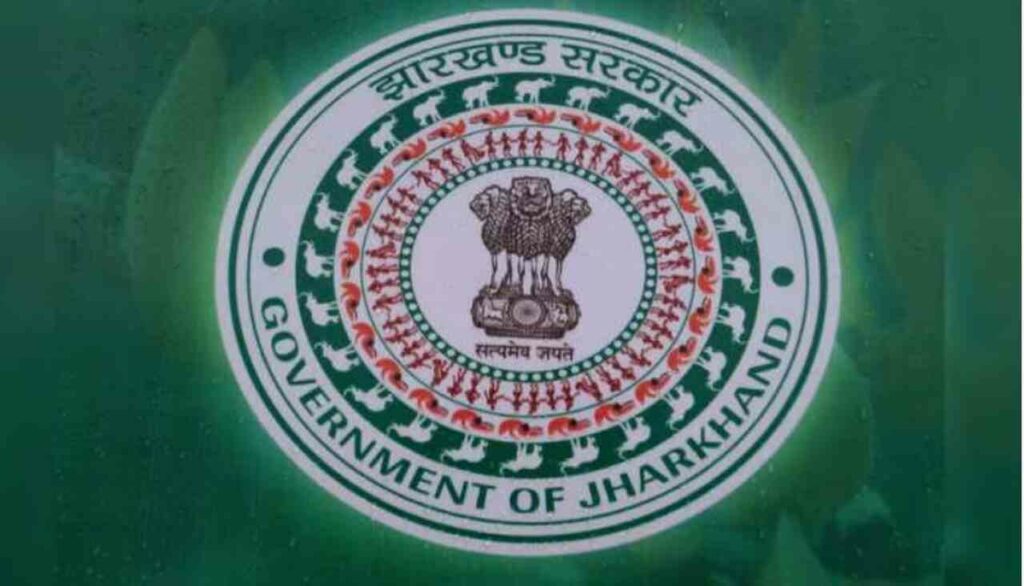On June 28, 2024, the newly sworn-in Mohan Majhi government of Odisha appointed Manoj Ahuja as the state’s new Chief Secretary. This appointment was significant for several reasons; it marked the first time in nearly two decades that Odisha had a Chief Secretary from outside the state.
Mr. Ahuja, a 1990 batch senior IAS officer of the Odisha cadre, originally hails from Haryana. He took over the position following the retirement of the incumbent Chief Secretary, Pradeep Kumar Jena, on June 30. Additionally, Mr. Ahuja has been appointed as the Secretary of the General Administration Department.
He had been on central deputation since 2017 and has now been repatriated to his parent cadre in Odisha at the request of the state government. This marks a significant change in the direction of Odisha’s bureaucracy, as it has been nearly two decades since the state had a Chief Secretary from outside its borders.
Impressive Background
Mr. Ahuja’s return to Odisha, after a distinguished tenure at the central level, was both a personal and professional homecoming. His credentials are impressive; he holds a Bachelor of Engineering in Mechanical Engineering from Thapar Institute, an MBA from Punjab University, and a Master’s in Public Administration (International Development) from Harvard University.
He held the position of Secretary in the Department of Agriculture and Farmers Welfare, Government of India, from April 1, 2022. Before that, he served as an Officer on Special Duty in the same department, as Chairman of the CBSE, and as Special Director of the Lal Bahadur Shastri National Academy of Administration in Mussoorie.
He has previously served in various capacities within the Odisha government, including as Sub-Collector and Secretary of several key departments, such as the Food and Civil Supplies Department, Steel and Mines Department, Sports and Youth Services Department, and Cooperatives Department.
Known for his meticulous approach, he has authored several research papers and participated in numerous training modules. With extensive experience in various administrative roles, Ahuja is a well-respected figure.
Embracing Challenges
Ahuja reflected on the challenges ahead. While his experience was vast, the political landscape had shifted dramatically. The new BJP government comprised ministers who were relatively inexperienced in managing their respective portfolios, and Ahuja felt a sense of responsibility to guide them through uncharted waters.
His wife, Aarti Ahuja, also an IAS officer of the 1990 batch, was on central deputation. Together, they shared a deep commitment to public service, often discussing the nuances of leadership and the importance of inspiring others.
Vision for Change
In his inaugural address, Ahuja emphasized collaboration and innovation. “We are not just administrators; we are architects of change,” he stated, urging his team to embrace a forward-thinking approach. His plans included leveraging technology for governance and fostering inclusive growth across the state.
Ahuja’s role will be crucial not only for the successful implementation of the current government’s election promises but also in assisting with the selection of senior IAS officers for various departments and district collectors in the Mohan Manjhi government.
Ground Realities
Days turned into weeks and Ahuja dove headfirst into his new role. He held meetings with various departments, keen on understanding the ground realities. Initiatives began to take shape, including improved agricultural practices that promised to uplift the rural economy.
As the monsoon rains poured over Odisha, washing the land in rich hues of green, Ahuja’s determination to revitalize the state grew stronger. He recognized the importance of sustainability and pushed for policies that protected the environment while promoting economic growth. His commitment resonated throughout the administration, igniting a newfound energy among ministers and bureaucrats.
Facing Opposition
However, challenges loomed large. Opposition parties questioned the government’s decisions, and certain factions within the bureaucracy resisted Ahuja’s reformative agenda. But Ahuja remained undeterred. He organized workshops aimed at enhancing bureaucratic efficiency and fostering a culture of transparency.
A Transforming State
Months passed, and under Ahuja’s guidance, Odisha began to transform. Economic indicators improved, education initiatives flourished, and the state garnered national attention for its innovative governance practices. The collaboration between Ahuja and his ministers, once fraught with uncertainty, evolved into a robust partnership.
A Brighter Future
In the heart of Odisha, a new dawn was breaking—one that promised hope, resilience, and a brighter future for all its citizens.



